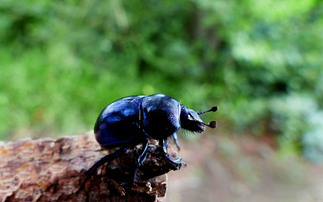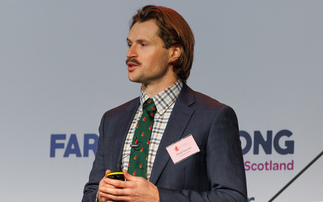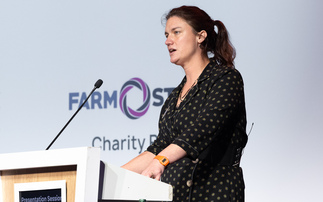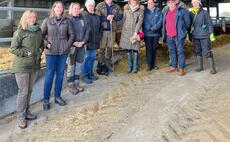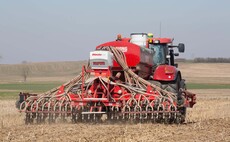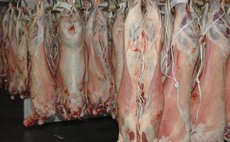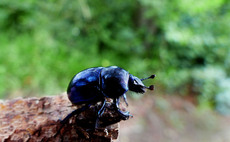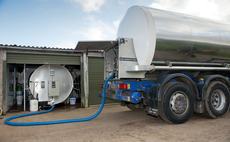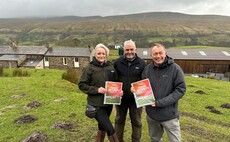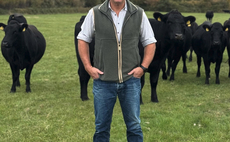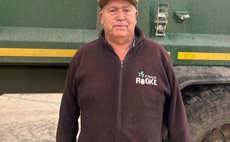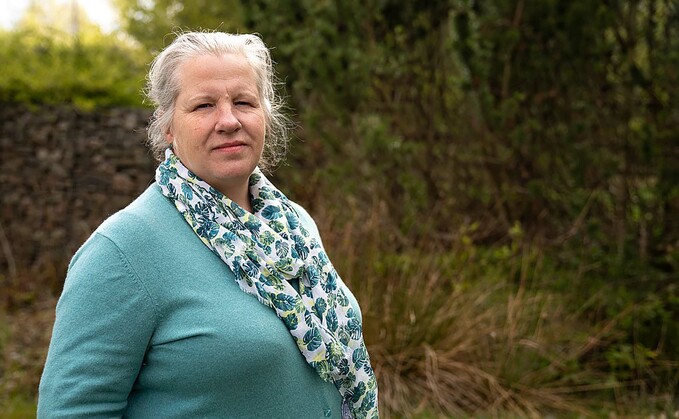
Scotland's Chief Veterinary Officer (CVO) was not ‘unduly worried' about the threat of bovine TB in Scotland, despite a ‘disappointing' rise in cases last year.
CVO Sheila Voas highlighted cases remained ‘fairly low and stable'.
Defra
According to figures from Defra, the number of new bTB herd incidents in the last 12 months increased by 13 in Scotland, with the number of herds under restriction rising by 16.
"There was a bit of a rise last year but that was largely down to one outbreak that we had. We dealt with it promptly and quickly," she said.
She added officially TB free did not mean there were no cases but it was below a certain level.
"We put a lot of effort into the epidemiology," she said.
"So far for most of the outbreaks we have had we can track where it comes from. That means we are a step ahead of it, rather than be presented with outbreaks that we have no idea about."
Badger population
�������� at the Royal Highland Show raised concerns around the growing population of badgers and deer in the country.
Ms Voas recognised their concerns but reiterated ‘there was no evidence to think they are affected by bTB' and a healthy population was not a threat.
She said any future decision on targeted badger culling would be down to Ministers.
"There is no evidence of badger infection at the moment. If we saw disease spreading to neighbouring farms then that might suggest a wildlife reservoir disease and it would need to be controlled," she added.
At a previous bTB roundtable hosted by �������� Guardian, one farmer questioned why it was not possible to have ‘one approach' to tackle bTB across Great Britain.
TB Free��
Ms Voas said ‘we absolutely could' but farmers in Scotland would lose the ‘advantages they have' of being 'officially TB free' if the whole of GB was treated as one epidemiological unit.
When asked if there were any lessons which could be learnt from Westminster or the Welsh Government, she said Wales and England's TB problem was ‘very different' and they were dealing with circumstances 'in the way they felt was best'.
"I think the key thing we do differently in Scotland is we treat bTB as an exotic disease and so we stamp on it very heavily.
"That is only possible though because we are talking about bTB cases in their teens, not hundreds or indeed thousands."






